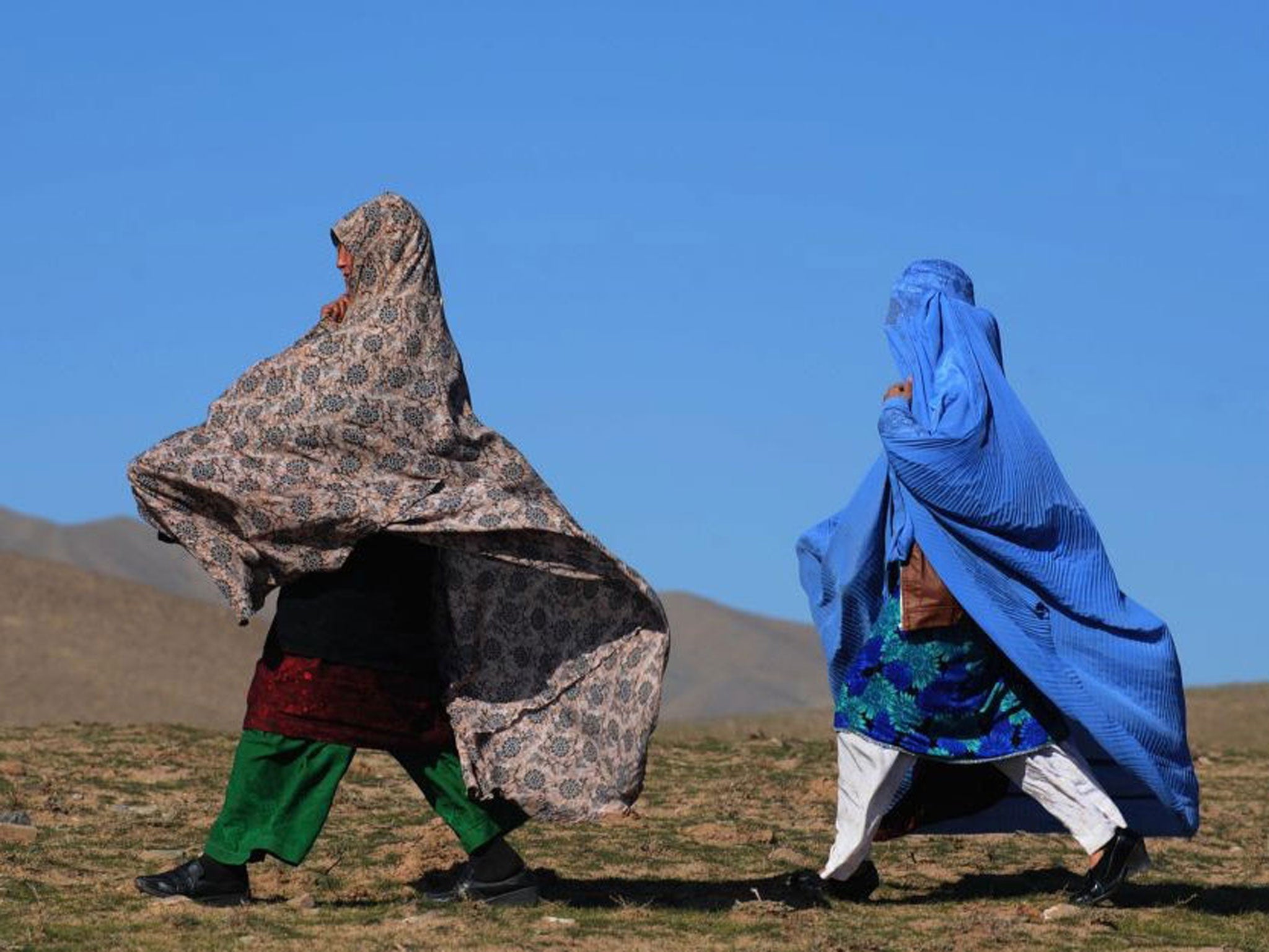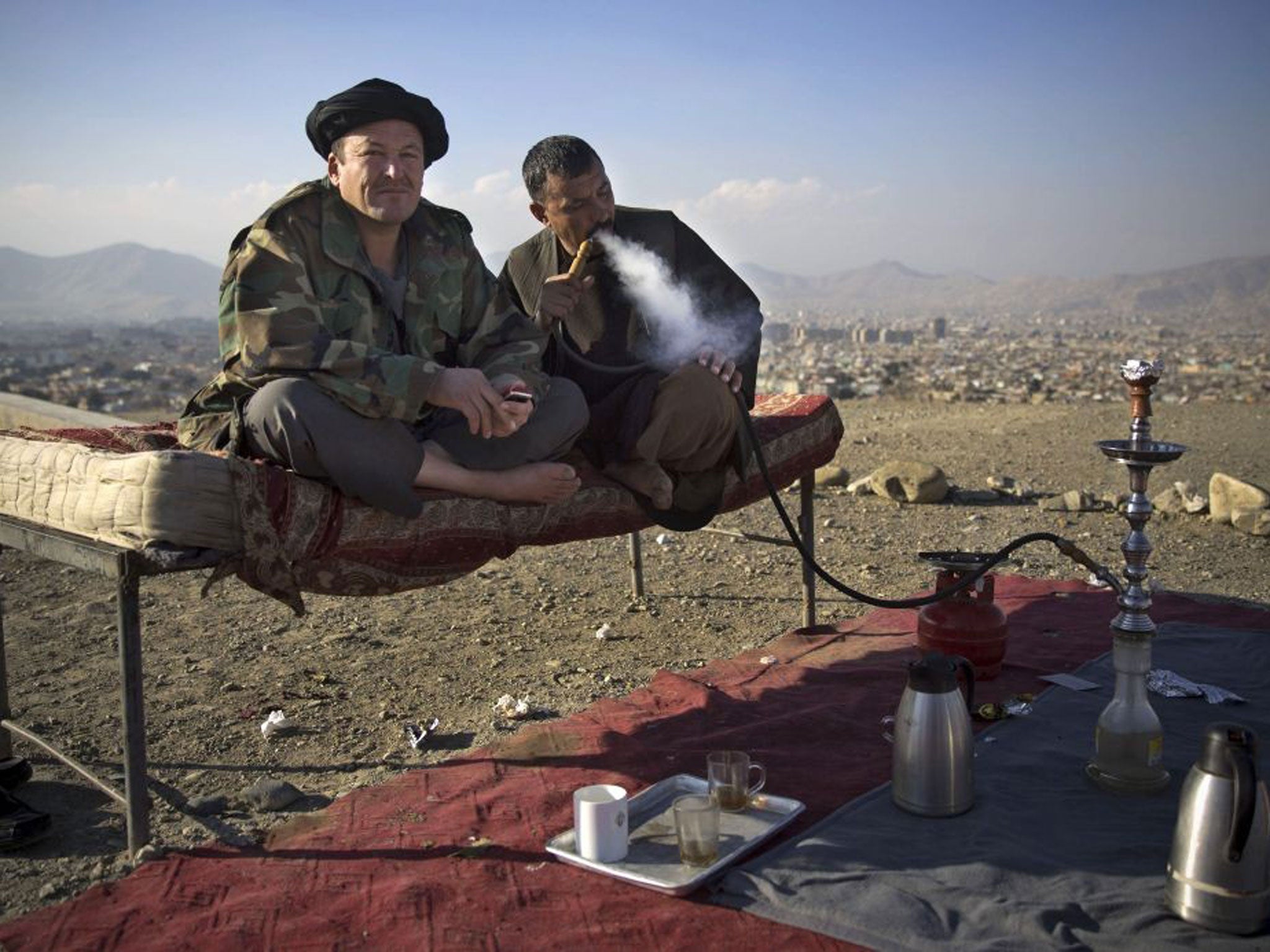There is deep foreboding in Afghanistan over the West’s departure
The history of Afghanistan's last ten years is the history of the West walking away


31st December 2001 was an important day for Afghanistan. The agreement had been signed with the Northern Alliance to deploy an international force – Isaf as it was going to be called – into the country, the first faltering steps out of the shadow of the Taliban.
I had returned that to Kabul after interviewing Ismail Khan, the “Lion of Herat”, who declared that foreign troops would not be allowed into his fiefdom in the west. Arriving where we were staying, the Intercontinental Hotel, I met a bunch of photographers and cameramen heading into the city. “We’re going to bake some cakes,” announced one of them with a manic giggle.
Various parties had been planned by the media for New Year’s Eve, starting early with the last one at our hotel. There was a night curfew on and the thinking was that people would be able to crash out there. However, Major General John McCall, a Brit and the first head of International Security Assistance Force (Isaf) held a briefing at newly reopened British embassy and I spent much of the evening writing and filing the story of the deployment.
Arriving at the ballroom of the Intercontinental I found a scene of devastation. Some were crawling on the floor, some speaking in tongues. The tables with a considerable amount of drinks seemed pretty untouched: it was the hashcakes which had inflicted collateral damage. A senior Afghan dignitary (we had been worried about asking him with alcohol present) was being helped away, saying in Dari, or so my interpreter Ali claimed, “I swear I only had a bit of cake”.
At the time, the invasion following the 9/11 attacks was deemed to be a success by the “Coalition of the Willing”. George W Bush told us that the job was done and the Taliban would never return, Tony Blair declared “this time we will not walk away” as the West had done after using the mujahedin against the Russians. Laura Bush and Cherie Blair proclaimed that Afghan women had been emancipated.
.jpg)
Afghanistan in 2001 was the Wild East with people keen to get a taste of the massive amount of international aid due to be pumped with lucrative development and commercial projects in the offing. There were also mercenaries, adventurers, spies, arms and gem dealers. The bar of Kabul’s Mustafa Hotel was a favourite place for them to hang out: there was a dancing Osama bin Laden doll, bullet holes in the ceiling and men who wore wraparound sunglasses at night while lovingly cradling their guns. The seats for drinking al fresco on the adjacent terrace were supposedly from Russian MiG’s shot down by the mujahedin using US-supplied Stinger missiles. One night a chimpanzee was liberated from the city zoo and put on sentry duty with a Kalashnikov. It was only afterwards that the sole person who was sober, a former boxer, noticed that the safety catch was off.
Some of the customers were bad and possibly mad. One such was Jack Idema, who claimed to be an ex-CIA agent who hawked what he claimed to be pictures and film footage, not without success to some TV companies. He later set up Task Force Sabre 7, which carried out arbitrary arrests and tortured “terror suspects” in a prison he had set up at a Kabul suburb.
But it was not all a circus. There was then a sense of hope after the harsh and unbending fundamentalist Taliban rule. There was an outbreak of music, street games and kite-flying; the warlords seemed to accept their days were over and began grudgingly to disarm their private armies. Women threw off their burqas; girls were enrolling in newly opened schools: over the next 12 months I interviewed half dozen women in public life who embodied this brave new Afghanistan.
Then, of course, the West walked away again; resources that should have stabilised Afghanistan were poured into the black hole of Iraq; troops were transferred; development work ground to a halt; the Taliban came back; security unravelled.
The Afghanistan mission has been the longest military engagement in American history, the British forces were deployed to Helmand in 2006 with the then Defence Secretary, John Reid, hoping that not a round would be fired in anger. They have fired around 26 million rounds, losing 447 killed to date. Five of the six women I interviewed have been killed by the Taliban; the remaining one had gone into hiding after her husband was shot dead.
Isaf’s combat mission will end on this date next year. The mantra in Washington and London now is that the Afghan government will not collapse like the one after the Russians left; around $10bn (£6bn) a year will be pumped in from abroad.
But the agreement to enable and limited but essential continued military support, remains unsigned. Despite all the false steps and crass misjudgement in Afghanistan, some significant progress had been made in the last dozen years. There is deep foreboding among many Afghans about how much of that will survive if the West walks away yet again having used the Afghans for its own purpose as it had done in the past.

Join our commenting forum
Join thought-provoking conversations, follow other Independent readers and see their replies
Comments
Bookmark popover
Removed from bookmarks